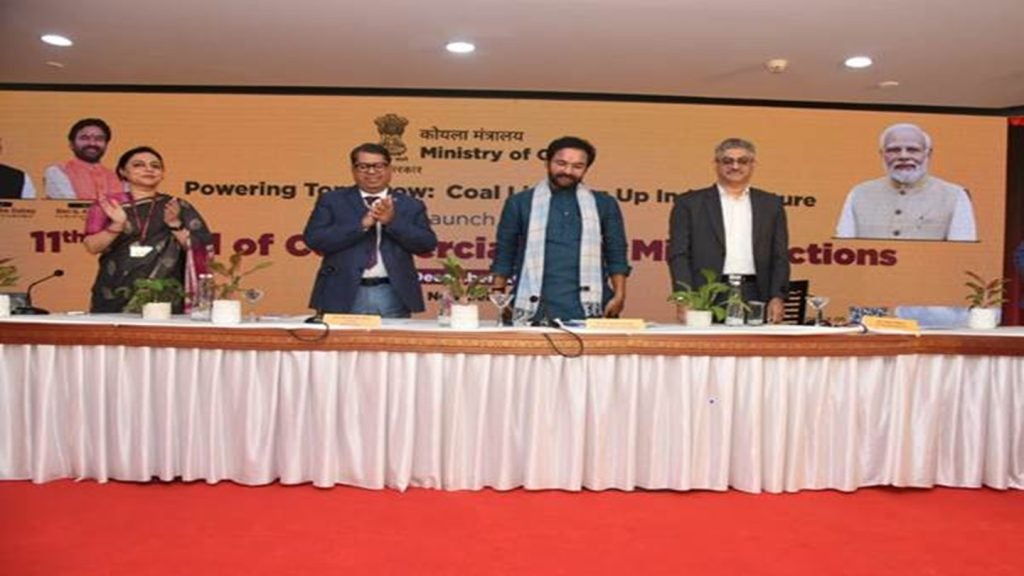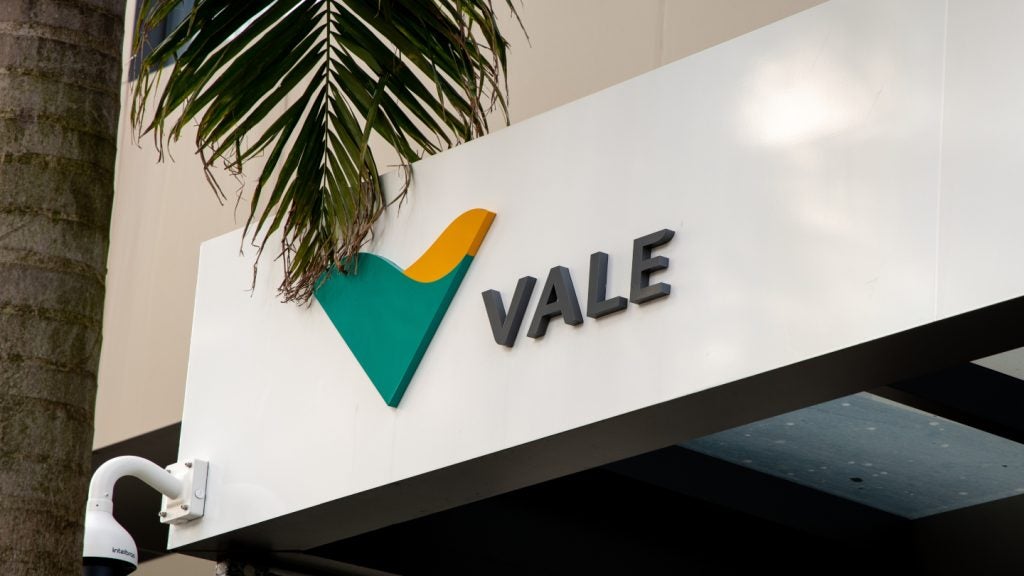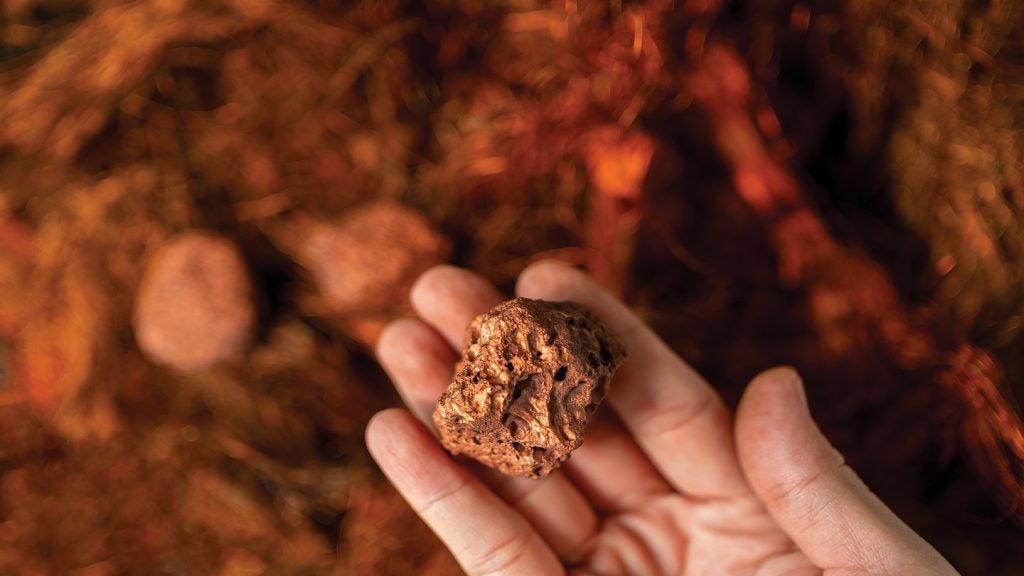India has launched the 11th round of commercial coal mine auctions, offering 27 coal blocks across various states.
This initiative by the Ministry of Coal aims to promote regional economic growth and create employment opportunities, further unlocking India's vast coal reserves and enhancing energy security.
The auction was inaugurated at the country’s capital by Union Minister of Coal and Mines G. Kishan Reddy, alongside Minister of State for Coal and Mines Satish Chandra Dubey and Secretary of Coal Vikram Dev Dutt.
The round will see 20 coal mines up for bidding, comprising ten fully explored and ten partially explored blocks.
Seven coal mines from the second attempt of Round 10 will also be made available, consisting of four fully explored blocks and three that are partially explored.
All the mines comprise non-coking coal.
During the event, the Ministry of Coal will execute Coal Mine Development and Production Agreements and Coal Block Development and Production Agreements for nine coal mines.
At peak-rated capacity, these agreements are expected to generate annual revenue of around Rs14.46bn ($170.68m) and create roughly 19,063 employment opportunities.
The auction process has introduced several key reforms such as removing restrictions on the sale or utilisation of coal and eliminating eligibility criteria, thus removing technical or financial barriers for participation.
A shift from the notified price to the National Coal Index ensures transparency and fairness, establishing a market-driven pricing mechanism.
Amendments to mineral laws have unlocked the coal sector, providing an equitable playing field for public and private sector players and allowing auctions for various purposes including own consumption and sale.
The ministry has also implemented the Single Window Clearance System (SWCS) portal to simplify and accelerate mine operationalisation.
This platform offers a seamless process for obtaining necessary approvals, ensuring ease of doing business and boosting coal production through a single gateway.
The auctions will be conducted online using the Percentage Revenue Share model.















